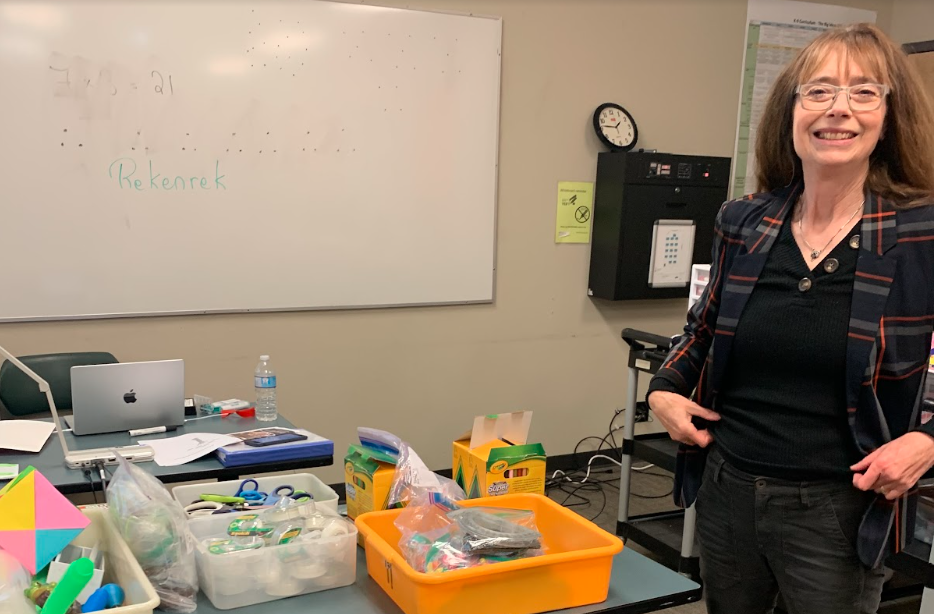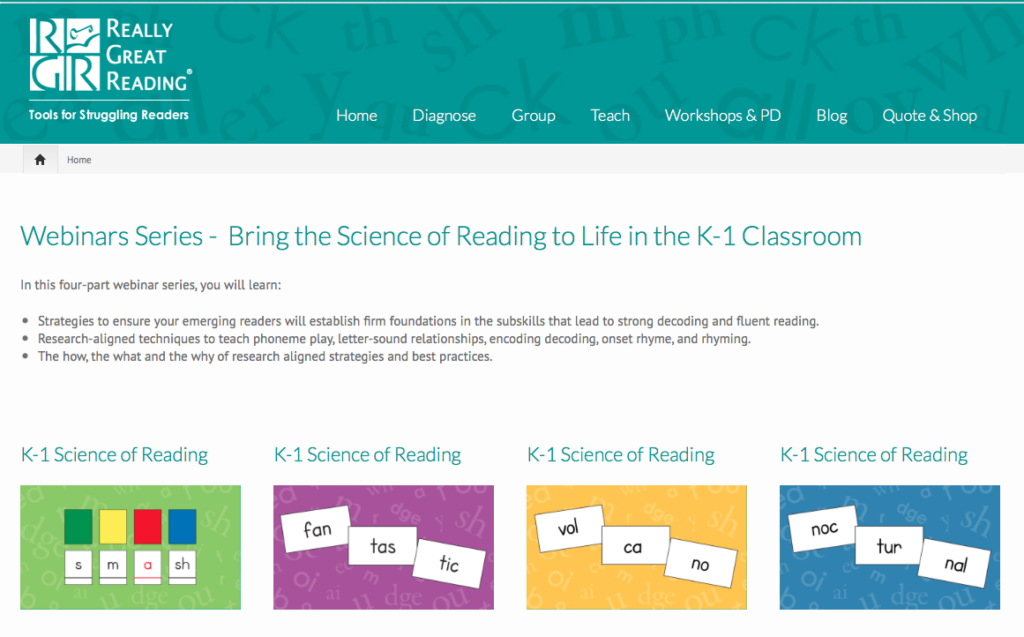Pro D Day – Reflection Journal
Aurora Mernickle
EDUC 397: Humanities K – 7
Melanie Baerg, M.Ed.
May 27, 2022
Let me start this reflection by saying how incredibly blessed and excited I feel to be offered functional tools to actually help students have strong foundations of literacy at the early stages of my teaching career. Having floundered along with my son and feel so helpless even though we were “putting the time in.” Year after year we tried everything that was suggested, from reading everyday, as much as we could fit in, to memorizing so called “sight words,” to forcing him to write journal after journal and attend tutoring all summer long. Now, in grade 9, and still struggling with the basic foundations of phoneme-grapheme awareness, he feels frustrated that he cannot keep up or excel in other areas, even though he is a very “bright” and capable student. It breaks my heart to know that there were answers that could have helped him with the basic foundations at the beginning. As I reflect on this, I need to remind myself that we are all learning together and give grace to all of those doing their best, including me. I see how many people are trying and putting countless hours into making the change for current and future students, yet, it shocks me that the curriculum still does not acknowledge the actual “Science of Reading.” Why does it take major world crisis before things change?
To bring my pondering thoughts back to the amazing professional development webinars that I have been able to explore, I again, am so thankful for the opportunity and will soak up as much as I can whenever I can. There is one in particular that I am going to reflect on here. It is called What Adolescent Learners Need for Good Reading Comprehension that is Often Ignored, with guest speaker DR. Claude Goldberg. I chose this one as it pertains greatly to my current situation with my son. One of the main things that he talked about was how important fluency is in comprehension and giving texts meaning. He gave some incredibly moving examples and the light bulb went off for me about just how much energy it is for people who struggle with fluency to actually understand and interpret what they are reading (and writing). If a person struggles with the basics of word recognition and has to sound everything out consciously, often making mistakes along the way, the text loses its meaning this completely takes the joy out of reading and writing in the first place. I realized why my son feels like he is being punished every time I ask him to go and read a book, and I am sure that he has a greater reading fluency than a lot of other people who struggle with literacy. This is such a sad loss! The other side of this is that, with adolescent learners, the pressure is higher to accomplish more, to understand larger and more complex words and to be able to build on the foundations that were supposedly built in their younger years. There is little support for them and often they start falling short in other subjects due to this faulty foundation. Dr. Goldberg suggests that learning and practicing the rules is a very good place to start. He describes how understanding the basic rules of written words (orthography), and practicing irregular words with games, friendly competitions, cue cards, etc., can help build the automaticity in the recognition of words. As fluency (speed and accuracy) increases, the comprehension of the text will start to improve. As the comprehension improves, the information becomes meaningful and the desire and ability to advance increases. He suggests that there are four elements of reading: 1) Accuracy – reading words correctly; 2) Automaticity – recognizing words quickly; 3) Appropriate rate – the speed that fits the context; 4) Expression (prosidy) – this makes reading more meaningful, like having a conversation. The first of these two need to be an “unconscious competence.” Goldenberg has these suggestions:
-Model fluent (all four elements) with different genres at appropriate grade levels.
-Have students read familiar text as if they are talking to someone.
-Have students practice sight reading with new accessible texts.
-Use readers theatre, allowing students to practice different parts with feedback.
In short, he suggests 1) Model, 2) Practice, 3) Give feedback. He imparts that “Fluency is called the bridge to reading comprehension” and that “the house of literacy must be built on a good, well built, and maintained foundation.” So, I will continue to do my due diligence with regards to my knowledge of literacy and how it is taught and understood. This is an extremely meaningful purpose and as the quote on the front page of this reflection states “the world belongs to those who read” (Torgova, 2022).
References
What Adolescent Learners Need for Good Reading Comprehension that is Often Ignored. Retrieved May 27, 2022, from https://www.corelearn.com/resource-posts/adolescent- readers-webinar/
Torgova, O. (n.d.). Olga Torgova (torgova1) – photographer profile. Dreamstime. Retrieved May 27, 2022, fromhttps://www.dreamstime.com/torgova1_info
Prince George Intensive Week July 11-15th



